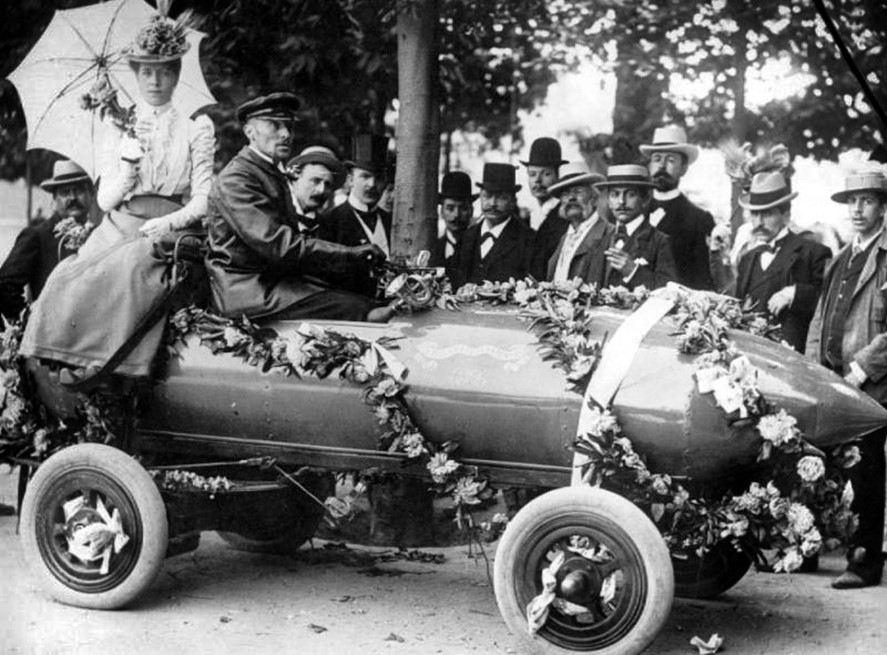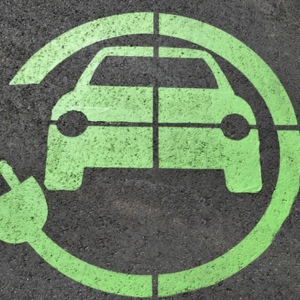The Origins of Electricity
The history of electric vehicles is inextricably linked to the development of electricity. In the late 18th century, pioneering scientists such as Alessandro Volta, Luigi Galvani, Michael Faraday, and André-Marie Ampère made groundbreaking discoveries that laid the foundations for electrical technology. Volta’s invention of the galvanic cell in 1800 and Faraday’s law of electromagnetism in 1831 were pivotal moments, paving the way for practical applications of electricity.
The First Electric Vehicles
The earliest electric vehicles emerged as early as the 19th century. In 1828, Hungarian inventor Ányos Jedlik constructed a rudimentary electric motor that powered a small model vehicle. By 1835, Professor Sibrandus Stratingh from Groningen in the Netherlands and his assistant Christopher Becker had built one of the first prototypes of an electric vehicle. However, it was American inventor Thomas Davenport who, in 1834, patented the first practical electric motor, which he used to drive a small vehicle.
The Golden Age of Electric Vehicles
The late 19th and early 20th centuries marked the golden age of electric vehicles. In 1899, Belgian driver Camille Jenatzy set a speed record, reaching 105.88 km/h with his torpedo-shaped electric vehicle “La Jamais Contente” (French for “The Never Satisfied”).

Driver Camille Jenatzy in La Jamais Contente – the first electric vehicle to exceed 100 km/h
In the United States, electric vehicles accounted for about a third of all cars on the road by 1900. Their reliability, quiet operation, and lack of emissions made them ideal for urban use.
Decline in Popularity
The advent of internal combustion engine technology, particularly Henry Ford’s introduction of mass production in 1908, led to a decline in the popularity of electric vehicles. Internal combustion engines offered greater range and power at lower production costs, making them the preferred choice. Consequently, electric vehicles disappeared from the mainstream market for many decades, surviving only in niche applications.
The Renaissance of Electric Cars
By the late 20th century, growing environmental awareness and advances in battery technology heralded the return of electric vehicles. The introduction of the Toyota Prius in 1997, the first mass-produced hybrid car, marked a significant milestone. However, the true renaissance began in 2008 when Tesla Motors unveiled the Tesla Roadster, capable of traveling more than 300 km on a single charge.
Modernity and the Future
Today, electric vehicles represent a burgeoning segment of the automotive market. Leading manufacturers such as Tesla, Nissan, BMW, Volkswagen, and Audi offer a wide range of models, from compact city cars to luxury sedans and SUVs. Advances in battery technology and an expanding network of charging stations have made electric vehicles increasingly practical and accessible to a broad range of consumers.
The future of electric vehicles is promising. Increased investment in energy storage technologies, improvements in charging infrastructure, and growing environmental consciousness are driving rapid growth in this sector. The introduction of autonomous vehicles and integration with intelligent energy management systems could further accelerate the adoption of electric vehicles worldwide.
In summary, the story of electric vehicles is a fascinating journey from early experiments with electricity to today’s high-tech cars. It is a narrative of innovation, adaptation, and the evolution of a technology with the potential to transform how we move around the world. Electric vehicles are not only a key part of our future but also an inspiration for generations of engineers, inventors, and cultural creators.







